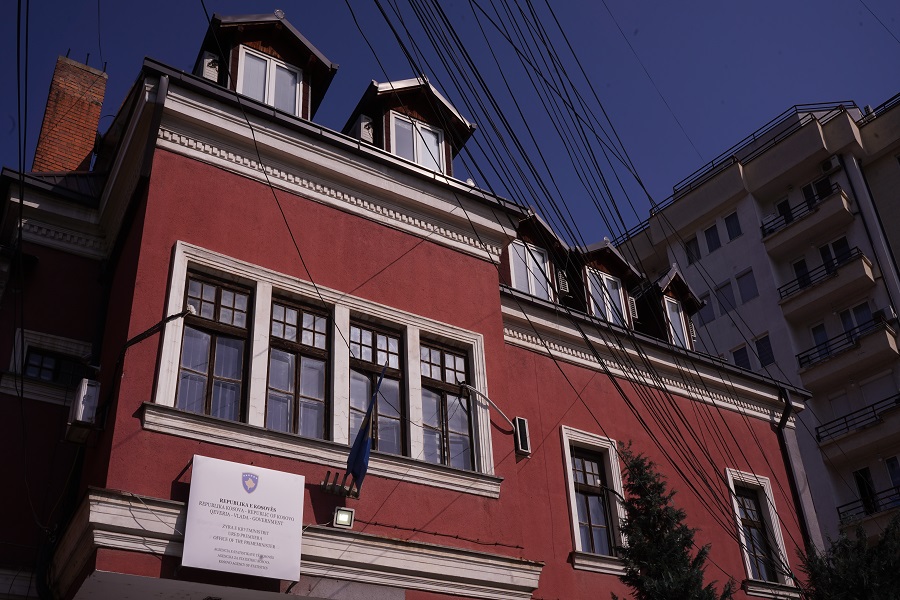
PRISTINA, April 5, 2024 (BSS/AFP) - Kosovo authorities on Friday began
carrying out the country's first census in over a decade, amid simmering
tensions with the ethnic Serb community and uncertainty over their
participation in the count.
Census counts are delicate matters in many Balkan countries, where plunging
birth rates, mass migration and ethnic tensions undercut efforts to provide
accurate population figures. Kosovo officials have repeatedly delayed earlier
counts.
The Kosovo Statistics Agency (ASK) has conducted just one other count, in
2011, which was boycotted by the Serbs. That census put Kosovo's population
at 1.8 million people.
ASK officials said they hoped to complete the census in six weeks and
expected Kosovo's Serbs to participate.
"ASK has provided training for Serb supervisors and enumerators as it did for
the other communities," said census official Hazbije Qeriqi.
The census comes as relations between the Pristina government and Kosovo's
ethnic Serbs remain tense following the ban of the Serbian dinar currency
earlier this year.
Frustrations have been simmering since the implementation of the new rule,
which made the euro the only legal currency in Kosovo and effectively
outlawed use of the dinar.
The move sparked anger in Belgrade, which does not recognise Kosovo's
independence and continues to finance a parallel health, education and social
security system for Serbs there.
On Thursday, the latest round of talks in Brussels between the two sides
aimed at breaking the deadlock over the issue failed.
Kosovo's Serb leaders and the government in Belgrade have not formally
announced whether the community of around 100,000 will participate in the
census.
In the ethnically divided city of Mitrovica in northern Kosovo, there was
little consensus over how people would treat the count.
"Kosovo is part of Serbia, whether they like it or not. We adhere to Serbian
institutions. No one can impose on me what I don't want," said Natasa
Vujacic, a 47-year-old mother of two.
"I still don't know what I'm going to do. Everything depends on what our
government [in Belgrade] says," Zika Trajkovic, a 33-year-old technician,
told AFP.
Animosity between Kosovo and Serbia has persisted since the war between
Serbian forces and ethnic Albanian insurgents in the late 1990s that drew a
NATO intervention against Belgrade.
Kosovo later declared independence in 2008, a move that Serbia along with its
allies Russia and China have refused to acknowledge.
Kosovo is overwhelmingly populated by ethnic Albanians, but in the northern
stretches of the territory near the border with Serbia, ethnic Serbs remain
the majority in several municipalities.